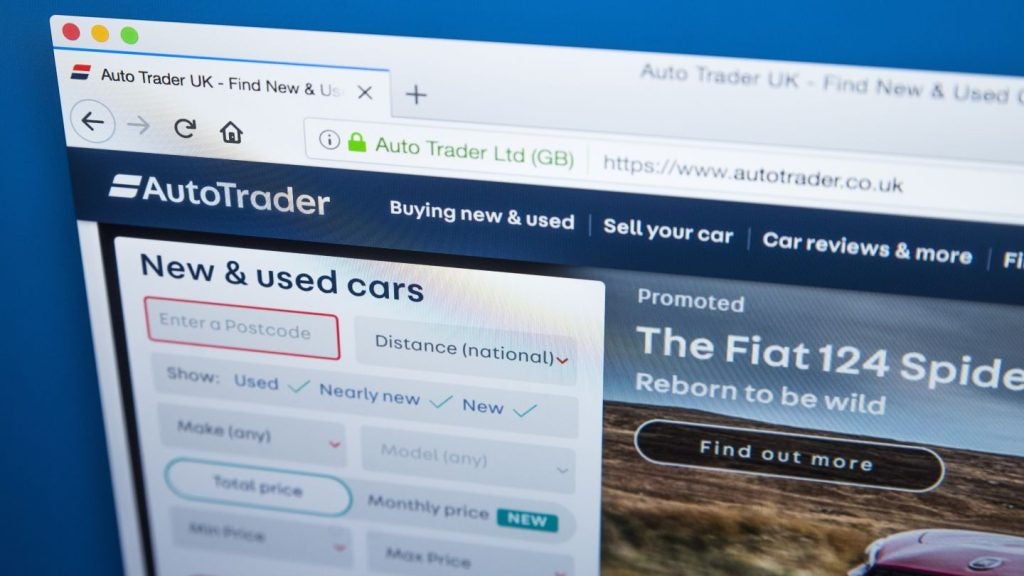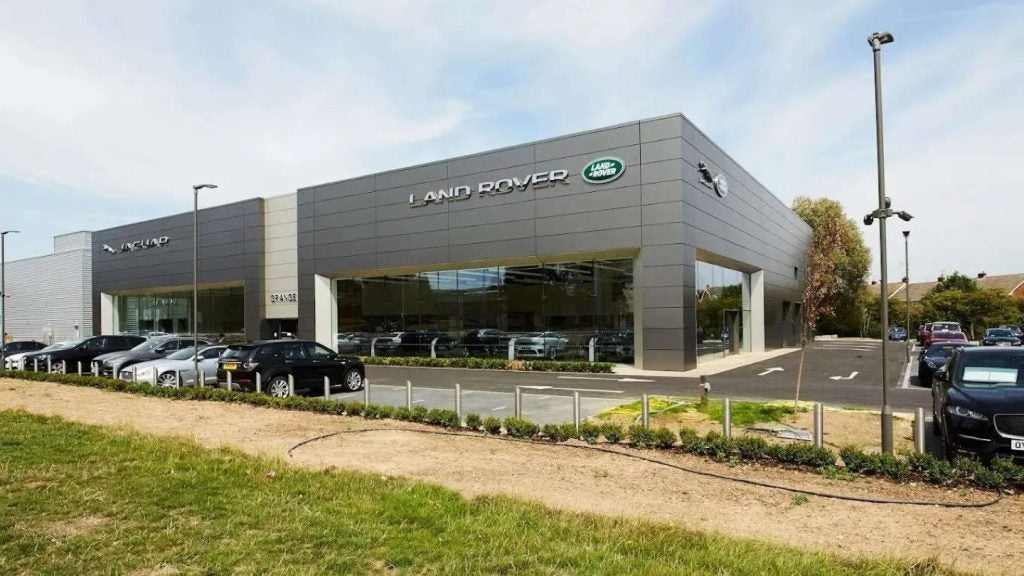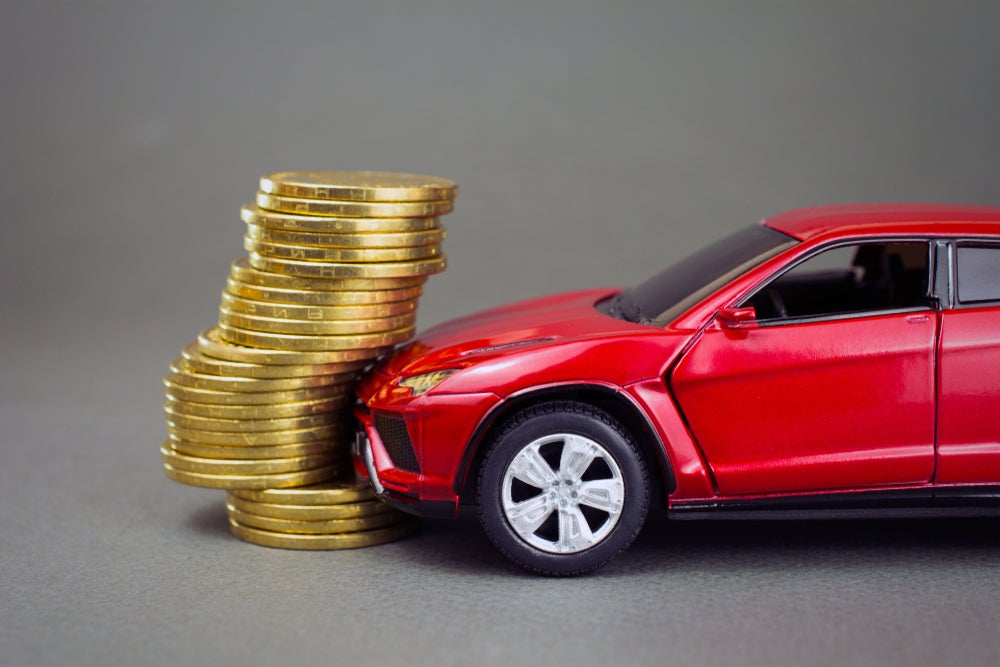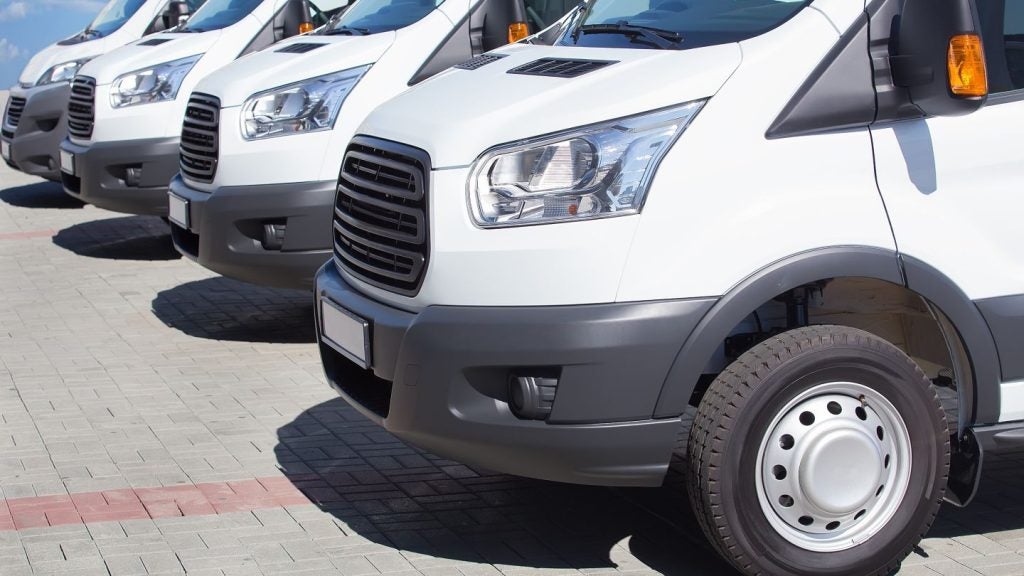Sales in the UK used car market fell 8.9% year-on-year in the first quarter of 2021, according to the latest figures released today by the Society of Motor Manufacturers and Traders (SMMT).
Some 1,687,755 transactions took place, with the overall decline driven by large falls in January and February, of -27.1% and -19.4% respectively, as lockdown measures depressed demand and again closed car showrooms nationwide.
March saw the market show signs of recovery with a 32.2% year-on-year increase in sales, amounting to 638,570 cars changing hands, although this compares with a weak March 2020 when the UK entered its first lockdown partway through the month. Compared with 2019, March was still down, -8.4%, and Q1 by -16.5% or 332,389 fewer transactions.
The figures revealed that demand for used battery electric (BEV), plug-in hybrid (PHEV) and hybrid vehicles (HEV) remained strong in Q1. Buyers were keen to purchase pre-owned ultra-low and zero emissions cars, helped by increased availability and more models available. HEV transactions rose 16.6% to 27,694 units while PHEVs saw a 32.1% uplift to 10,534 units, and BEVs surged 48.3% to 6,564 sales.
However, the combined number of plug-in vehicles traded still represented only 1% of the market, up from 0.7% in Q1 2020. This illustrates the scale of the challenge ahead to transition the entire used car arena away from traditional fuels. Petrol and diesel powertrains combined represented 97.1% of all first quarter activity at 1,638,536 units.
Mike Hawes, SMMT chief executive, said: “These figures lay bare the turbulent impact of coronavirus lockdowns on the used car market and, while March’s performance suggests there is some pent-up demand, this is against a weak month last year, so its true extent remains to be seen.

US Tariffs are shifting - will you react or anticipate?
Don’t let policy changes catch you off guard. Stay proactive with real-time data and expert analysis.
By GlobalData“The second quarter will see significant growth as last year’s April and May markets were severely limited by lockdown measures. It’s vital that the used market is rejuvenated to help sustain jobs and livelihoods, drive fleet renewal and support environmental progress. With car showrooms open again and the UK coming out of Covid restrictions, the sector can look forward with renewed optimism.”
Industry reaction
Ian Plummer, Auto Trader’s commercial director, said: “As you’d expect when comparing against a pre-pandemic January and February, 2021 looks to have had a slow start. However, given the context of closed showrooms, the performance of the used car market in Q1 is very positive and highlights the success retailers made of their buy online channels.
“Based on these metrics, along with wider economic factors, not least consumer confidence being bolstered by the lowering of the Covid-19 alert level and the return of indoor hospitality next week, we believe used car demand will continue apace for some time to come.
“However, that’s not to say the months ahead won’t have its challenges, particularly the chip shortage, which will place pressure on both new and used supply levels. It will be more important than ever, therefore, that retailers get their stock in front of as many in-market buyers as possible, priced according to the live retail market, and available to buy according to their preference, whether in person at the dealership, or through the same buy online channels that served them so well during the pandemic.”
James Fairclough, chief executive of AA Cars, said: “Demand for used cars remains high, with searches on the AA Cars now more than 50% higher than they were before the pandemic.
“While there are signs from the hospitality and retail sectors that people are starting to spend money again, there may still be some caution when it comes to big-ticket items. We therefore expect some people who might ordinarily buy a new car will switch to the second-hand market instead, to find a more affordable option that will hold its value better.
“Alternatively, people may start moving away from car ownership in favour of leasing, which offers drivers more flexibility and certainty over monthly running costs.”







